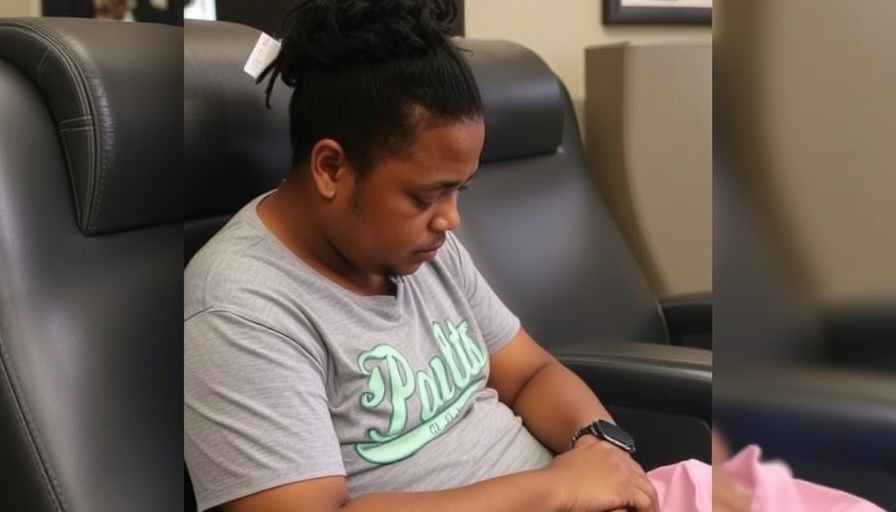
When Minutes Matter: The Unacceptable Wait for Help
In a crisis, every minute can feel like an eternity as shown by the harrowing experience of the Trevino family in Dallas. Earlier this month, Jodie Trevino and her son Alec found themselves in a desperate situation when Alec reported a life-threatening mental health crisis. Despite the urgency, they waited nearly seven hours for the Dallas Police Department to respond, leaving them both feeling helpless and betrayed during a time they needed assistance the most.
A Call for Immediate Action: The Strain on Local Emergency Response
The Trevino family’s ordeal highlights a troubling trend within the Dallas Police Department, where response times can exceed acceptable limits. For urgent Priority 2 calls, the average wait time in April alone reached an alarming 203 minutes. This starkly contrasts with the department's stated goal of 12 minutes, raising serious concerns about public safety and emergency preparedness in the Dallas community.
The Emotional Toll of Mental Health Crises
Waiting for nearly seven hours for police intervention is not merely a logistical failure; it places immense emotional pain on families facing mental health crises. Jodie Trevino described the panic she felt as she rushed home, regarding her son's safety. This situation isn't just a statistic; it embodies the real fears and stresses families endure when the existing support systems fail.
Broader Implications: Local Government and Community Resources
The Dallas City Council is now faced with an urgent demand to improve police response times and evaluate the mental health services available to residents. This unfortunate incident has triggered discussions about the systemic changes required within local government and city services to better handle mental health emergencies. Understanding this problem leads to necessary action, not only in policing but also in mental health resources.
Possibilities for Change: Engaging the Community
Residents and city officials alike recognize that changes are paramount. Increased funding for mental health services, alongside enhanced training for first responders, may help bridge the gap between call and response. Local stakeholders are encouraged to engage in dialogue with policymakers to ensure that no family feels abandoned when facing such critical situations in the future.
Looking Forward: Future Predictions and Trends in Mental Health Crisis Response
As awareness of mental health challenges continues to rise, cities across the country are re-evaluating their emergency response frameworks. In Dallas, there is a growing call for a more integrated approach that includes not just law enforcement, but also mental health professionals who are better equipped to de-escalate situations effectively. Anticipating these trends suggests a shift towards community-based solutions rather than traditional law enforcement responses.
Conclusion: The Need for Compassionate Response
The Trevino family's experience serves as a clarion call for action within the Dallas community. As residents await critical updates from city officials regarding their police department's response times, the hope is for a future where the system prioritizes mental health. It’s crucial for families to know they can count on immediate help in any crisis. Civic engagement and community dialogue can facilitate the necessary changes for more compassionate and timely responses.
As you reflect on this situation, consider reaching out to local representatives or attending city council meetings to voice concern about public safety and mental health responsiveness in your community. Together, we can ensure that no family has to wait in silence during their darkest hours.
 Add Element
Add Element  Add Row
Add Row 



 Add Row
Add Row  Add
Add 


Write A Comment